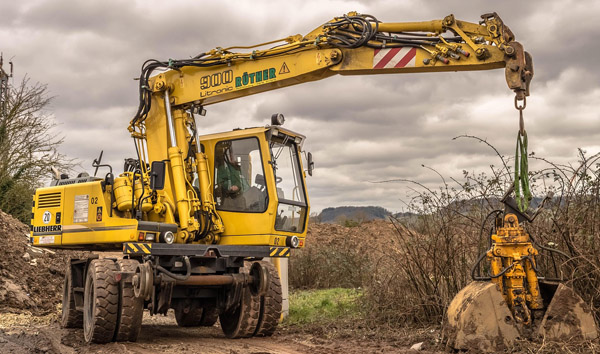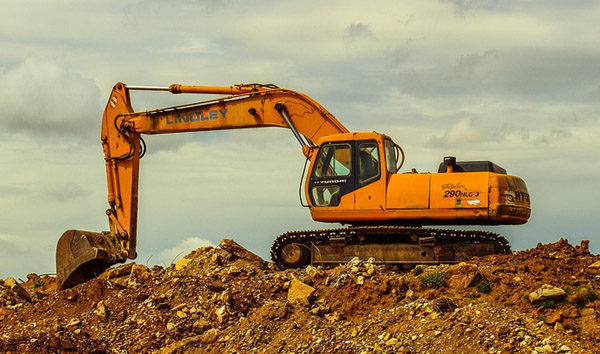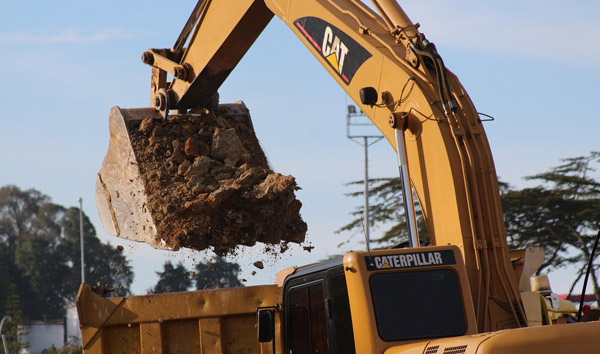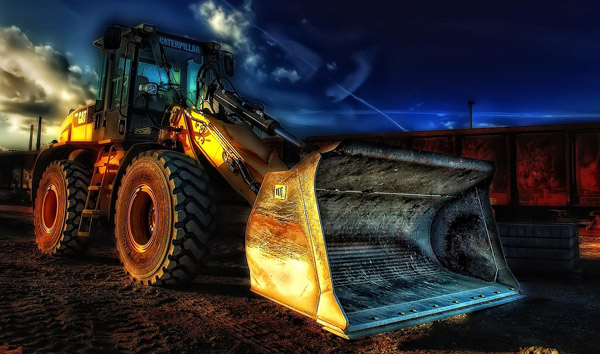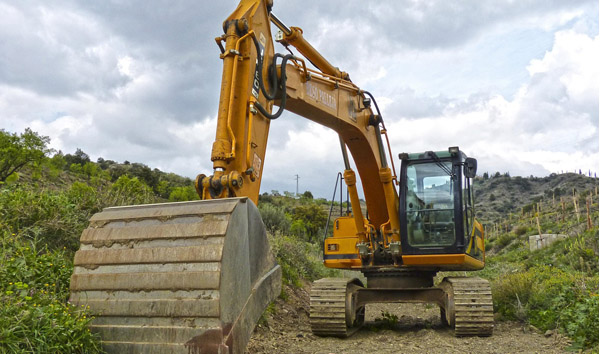Navigating the Rugged: Key Specifications of All-Terrain Forklifts
2025-07-27 05:00:29
All-terrain forklifts are designed for versatility, capable of operating on uneven, muddy, or rocky surfaces where conventional forklifts would fail. These machines typically feature reinforced chassis, high-ground clearance, and rugged tires to ensure stability. Key specifications include a load capacity ranging from 3,000 to 10,000 kg, depending on the model, and lift heights up to 6 meters. The ability to traverse slopes of up to 30% makes them indispensable for outdoor logistics and heavy-duty material handling.
Engine and Powertrain Performance The heart of an all-terrain forklift lies in its engine, which is often a high-torque diesel or hybrid system. Most models boast engines with 50–150 HP, ensuring sufficient power for steep inclines and heavy loads. Advanced models incorporate hydrostatic transmissions for smoother operation on rough terrain. Fuel efficiency is another critical factor, with modern units consuming 8–12 liters per hour under full load. These specifications ensure that all-terrain forklifts deliver both power and reliability in demanding conditions.
Tire and Suspension Systems Unlike standard forklifts, all-terrain variants are equipped with specialized tires—either pneumatic or solid rubber—designed to minimize ground pressure and prevent sinking in soft soil. Some models feature oscillating axles or independent suspension to enhance stability on uneven ground. Tire specifications often include a diameter of 600–900 mm and widths up to 300 mm, providing the necessary traction for off-road use. These features make all-terrain forklifts ideal for industries like mining, forestry, and large-scale agriculture.
Operator Comfort and Safety Features Given the challenging environments they operate in, all-terrain forklifts prioritize operator safety and comfort. Specifications often include ROPS (Roll-Over Protective Structure) and FOPS (Falling Object Protective Structure) certifications. Ergonomically designed cabins with shock-absorbing seats, climate control, and advanced visibility systems reduce fatigue during extended shifts. Additionally, features like automatic braking and load-sensing hydraulics further enhance operational safety.
Technology and Customization Options Modern all-terrain forklifts integrate smart technologies such as telematics for real-time performance monitoring and predictive maintenance. Customization options allow businesses to tailor specifications like fork length, auxiliary hydraulics, or additional counterweights based on specific needs. With industries increasingly demanding efficiency, these forklifts are evolving to include hybrid and electric variants, reducing emissions without compromising power. Investing in an all-terrain forklift with the right specifications ensures long-term productivity in harsh operational environments.




